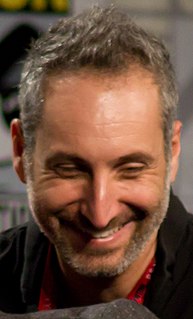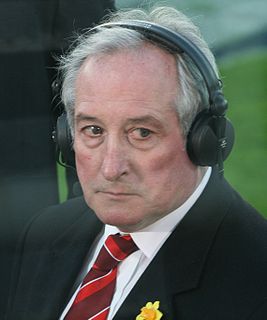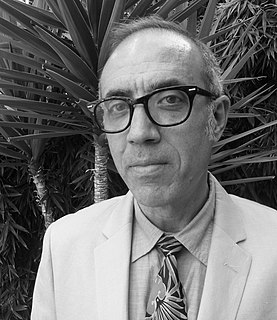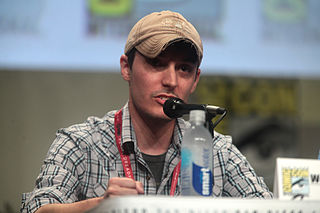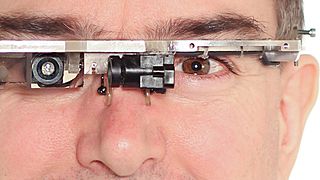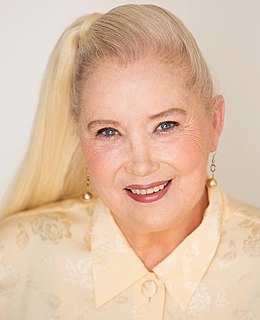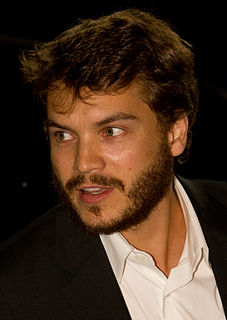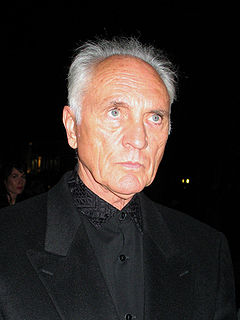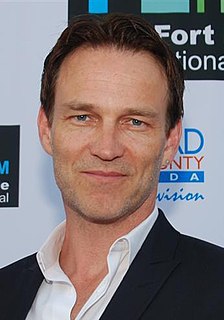A Quote by Rob Letterman
The best visual effects are when you shoot as much of what you can in camera. And it's really good for the actor's performance to have something real.
Quote Topics
Related Quotes
In high school and college, I'd set a bunch of goals for myself. I wanted to be the lead effects supervisor on one of these really big, innovative visual effects productions, something on the scale of a 'Star Wars' movie. And I wanted to work on a project that wins the Academy Award for best visual effects.
You can say something that can really help and actor and you can say something that can really get in the way of an actor's performance, kind of cut them off from their instincts and really get into their heads. And every actor's different. Every actor requires something different. Being an actor, for me, was the greatest training to be a writer and director.
I think it's an important part of the visual effects supervisor's job to get really deeply embedded in production and keep us all focused on trying to generate the best result. I'm not proprietary about, 'I would rather do this effect than let physical effects do it.' No, let's do the smartest thing for the movie.
I'm really specific in the way that I shoot. I've always had a very good sense of what I need in the editing room. I used to shoot in a way that drew more attention to the camera and I've tried, in each film, to draw less and less attention to the camera. I think when you pay attention to the shots, you're aware of the fact that there's a director.
That's really good for an actor - to like the people behind the scenes - because then you treat the camera differently. If you really like someone who's shooting you, you're more open. You're not defensive, you're more relaxed, and I think that translates into a more interesting, natural performance.
The whole visual language of the movie is developed way before we get to set. Especially when you're doing visual effects and you don't have a lot of money to mess around, which we didn't, you have to really preplan everything. Pretty much every shot in the film was figured out months before we got to set.
